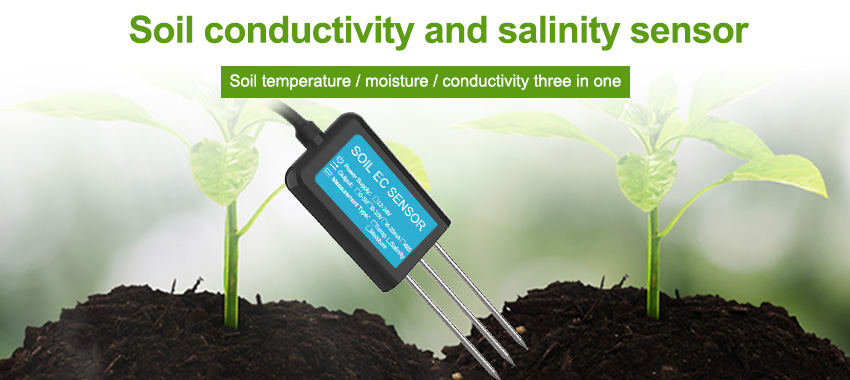What is a soil sensor
Soil sensors are devices used to measure soil properties and conditions, such as moisture content, temperature, electrical conductivity, and nutrient levels. These sensors operate by using one or more probes placed in the soil to gather data, which is then processed by the sensor’s electronic components to provide information about soil conditions.
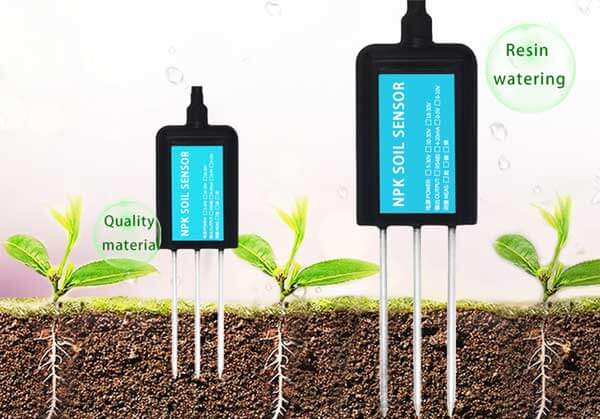
Soil sensors can be standalone devices that transmit data wirelessly or connected to a central system for real-time monitoring. They are widely used in agriculture, horticulture, environmental monitoring, and research to optimize plant growth, conserve water resources, and prevent soil degradation. By providing accurate and timely information about soil conditions, soil sensors help farmers and growers make informed decisions about irrigation, fertilization, and other measures to maximize yields, reduce costs, and protect the environment.
Soil sensor type
Soil sensors are devices specifically designed to measure and monitor various parameters and properties of the soil. These sensors play a crucial role in agriculture, horticulture, environmental monitoring, and research, providing valuable information for soil management and optimal plant growth.
.Soil multi-parameter detector
.Portable digital soil detector
.Portable SOIL EC detector
.Portable Soil fertility sensor
.Portable soil NPK meter
.soil nutrient detector
Soil multi-parameter detector
A soil multi-parameter detector is a device designed to measure multiple key parameters and characteristics of soil in a single integrated system. It combines various sensors and probes to provide comprehensive information about soil conditions for agriculture, environmental monitoring, research, and other applications.
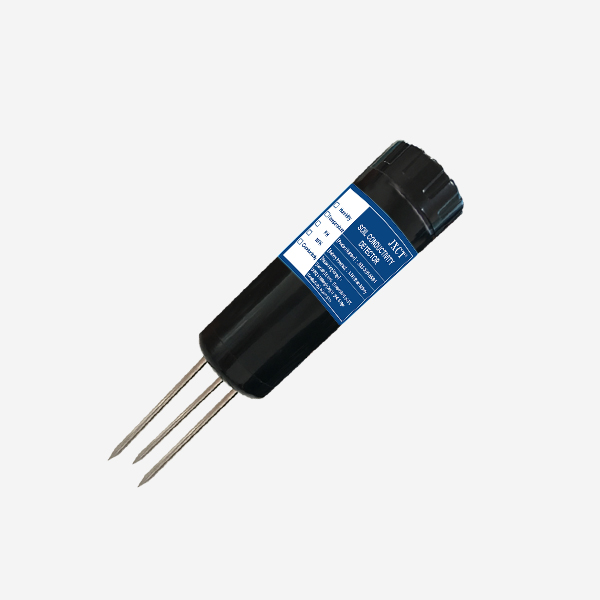
Portable digital soil detector
A portable digital soil detector is a compact and handheld device used to analyze and assess various soil parameters quickly and accurately. It combines advanced sensing technology with digital capabilities to provide users with instant and precise measurements of soil conditions.
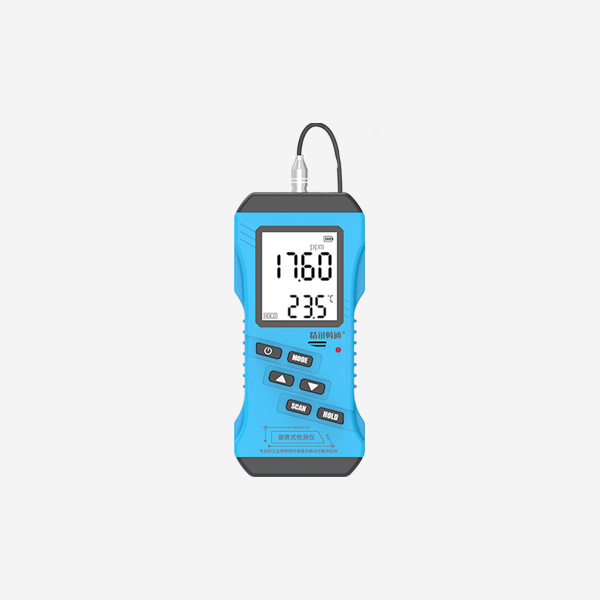
These detectors are designed for on-site use, allowing users to easily carry them to different locations for immediate soil analysis. They typically feature a built-in display screen or interface that shows real-time readings and data visualization, making it convenient for users to interpret and analyze the results on the spot.
Portable SOIL EC detector
A portable soil EC (Electrical Conductivity) detector refers to a compact and handheld device specifically designed to measure the electrical conductivity of soil. It is a valuable tool for assessing soil salinity, nutrient levels, and moisture conditions quickly and conveniently.

This type of detector incorporates advanced sensing technology and a user-friendly interface, making it easy to carry and operate in the field. It typically includes a display screen that provides real-time readings of soil electrical conductivity. The detector may also feature additional functionalities such as data storage, analysis, and connectivity options for further data processing.
The primary function of a portable soil EC detector is to measure the electrical conductivity of the soil, which indicates the level of dissolved salts and ions present. The higher the electrical conductivity, the higher the soil salinity. By quantifying soil salinity, the detector helps farmers, agronomists, and researchers make informed decisions regarding irrigation management and fertilizer application.
Portable Soil fertility sensor
A portable soil fertility sensor is a compact and handheld device designed to measure and evaluate the fertility level of soil quickly and conveniently. It is a valuable tool for farmers, agronomists, and researchers to assess the nutrient content and overall health of the soil.

This type of sensor utilizes advanced technology to measure various soil parameters related to fertility. It typically includes sensors for measuring important nutrients such as nitrogen (N), phosphorus (P), and potassium (K). In addition, it may incorporate sensors for other essential elements like calcium, magnesium, sulfur, and micronutrients.
The sensor is designed to be portable, allowing users to easily carry and use it in different locations for on-site analysis. It is equipped with a display screen or interface that provides real-time readings and data visualization, enabling users to interpret and analyze the results immediately.
Portable soil NPK meter
A portable soil NPK meter is a compact and handheld device used to measure the levels of nitrogen (N), phosphorus (P), and potassium (K) in the soil. It provides valuable information about the nutrient content and availability, allowing farmers, agronomists, and researchers to make informed decisions regarding fertilizer application and soil management.

This type of meter incorporates advanced technology and sensors specifically designed to detect and quantify the levels of N, P, and K in the soil. The portable nature of the device enables users to carry it easily to different locations for on-site analysis.
The meter typically features a display screen or interface that provides real-time readings of the nutrient levels in the soil. It may also offer additional functions such as data storage, analysis, and connectivity options for further processing and interpretation of the results.
soil nutrient detector
A soil nutrient detector is a device used to measure and analyze the nutrient content of soil. It provides valuable information about the availability and concentration of essential elements required for plant growth, such as nitrogen (N), phosphorus (P), potassium (K), calcium (Ca), magnesium (Mg), and various micronutrients.
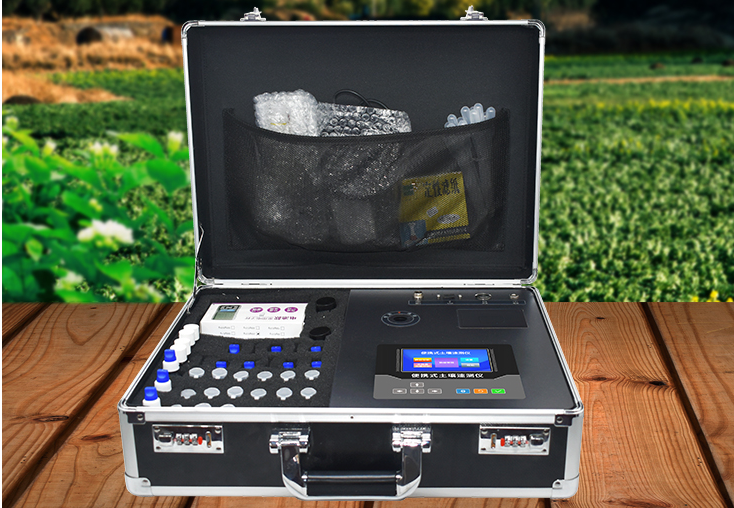
This type of detector incorporates advanced technology, including sensors and analytical methods, to determine the nutrient levels in the soil. It is typically designed to be portable and handheld, allowing users to easily carry and use it in different locations for on-site analysis.
The detector features a display screen or interface that provides real-time readings and data visualization, enabling users to interpret and analyze the results immediately. Some models may also include additional functionalities like data storage, analysis software, and connectivity options for further data processing and integration with other agricultural management systems.
conclusion
Overall, soil sensors contribute significantly to the advancement of precision agriculture, promoting efficient resource utilization, sustainable farming practices, and ultimately, the overall productivity and health of agricultural systems.
